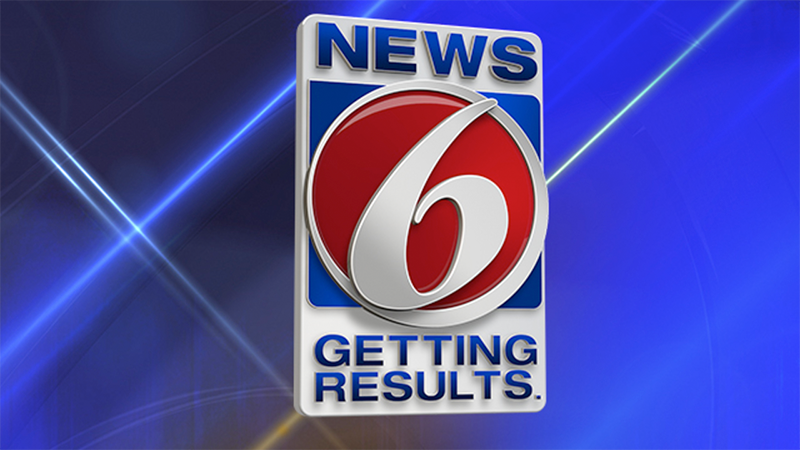If they are victorious against the Tampa Bay Buccaneers in Super Bowl LV, the Kansas City Chiefs will become the eighth franchise in the Super Bowl era to repeat as NFL champions.
Here’s a look back at the other seven franchises who have repeated -- and the company the Chiefs are looking to join.
Recommended Videos
Green Bay Packers (Super Bowls I and II)
The games were in two different parts of the country against different opponents, but the outcomes were similar in that the Packers earned lopsided wins. Green Bay beat the Kansas City Chiefs, 35-10, at Super Bowl I (1967) in Los Angeles and then the Oakland Raiders, 33-14, at Super Bowl II (1968) that took place in Miami. Legendary quarterback Bart Starr was named MVP in both games.
Miami Dolphins (Super Bowls VII and VIII)
A franchise that had its first season in 1966 in the old American Football League, the Dolphins quickly rose to prominence by winning back-to-back crowns. The most memorable of the two titles came at Super Bowl VII in Los Angeles (1972), when Miami capped off the NFL’s only unbeaten season ever with a 14-7 win vs. Washington. The next year, Miami recorded a 24-7 win over Minnesota in Houston.
Pittsburgh Steelers Part 1 (Super Bowls IX and X)
With Hall-of-Famers Terry Bradshaw and Franco Harris leading the offense and the famous “Steel Curtain” defense, the Steelers captured their first pair of titles by beating Minnesota, 16-6, at Super Bowl IX (1975) in New Orleans, and Dallas, 21-17, at Super Bowl X in Miami (1976).
Pittsburgh Steelers Part 2 (Super Bowls XIII and XIV)
After Super Bowl wins by the Oakland Raiders and Dallas Cowboys, the Steelers and their core of Hall of Famers returned to the top at Super Bowl XIII in Miami (1979), earning a 35-31 win over the Cowboys to prevent them from repeating. Pittsburgh then repeated for a second time with a 31-19 victory over the Los Angeles Rams at Super Bowl XIV in Pasadena, California. Terry Bradshaw was named MVP of both games.
San Francisco 49ers (Super Bowls XXIII and XXIV)
The team of the ’80s, the 49ers, capped off the decade by winning their third and fourth Super Bowls, albeit in different fashions. In a 20-16 win over the Cincinnati Bengals at Super Bowl XXIII (1989) in Miami, Joe Montana threw a touchdown pass with 34 seconds left to John Taylor for the winning score, capping off a 92-yard drive. San Francisco’s repeat title a year later in New Orleans wasn’t nearly as dramatic. The 49ers scored four touchdowns in the first half en route to a 55-10 destruction of the Denver Broncos.
Dallas Cowboys (Super Bowls XXVII and XXVIII)
Much of America was rooting for the small-town Buffalo Bills in both these games, given the Bills lost the prior two Super Bowls. But stacked with future Hall of Fame talent (Troy Aikman, Emmitt Smith and Michael Irvin) and rightfully unsympathetic, Dallas added to Buffalo’s misery by making sure two straight Super Bowl losses turned into four. The first was a 52-17 pasting of Buffalo at Super Bowl XXVII in Pasadena, California (1992), and the next was a 30-13 win over the Bills at Super Bowl XXVIII in Atlanta that saw Dallas outscore Buffalo 24-0 in the second half.
Denver Broncos (Super Bowls XXXII and XXXIII)
One of the most memorable Super Bowls ever was Super Bowl XXXII in San Diego (1997), when Denver upset defending champion and the favored Green Bay Packers to deliver Hall of Fame quarterback John Elway his first Super Bowl title after three lopsided losses in the ’80s.
Denver won 31-24, and the image of Elway doing a helicopter in the air while being tackled after successfully diving for a first down late in the game will live forever in Super Bowl lore. The next year wasn’t as heartwarming. Denver was simply way better during a 34-19 win over the Atlanta Falcons in Miami.
New England Patriots (Super Bowls XXXVIII and XXXIX)
These were the second and third Super Bowl titles for Tom Brady, and there hasn’t been a repeat champion since New England pulled the feat by winning these games. Adam Vinatieri kicked the game-winning field goal with four seconds remaining to give the Patriots a 32-29 win over the Carolina Panthers at Super Bowl XXXVIII in Houston (2004), and then New England pulled out a 24-21 win over the Philadelphia Eagles the next year in Jacksonville.
